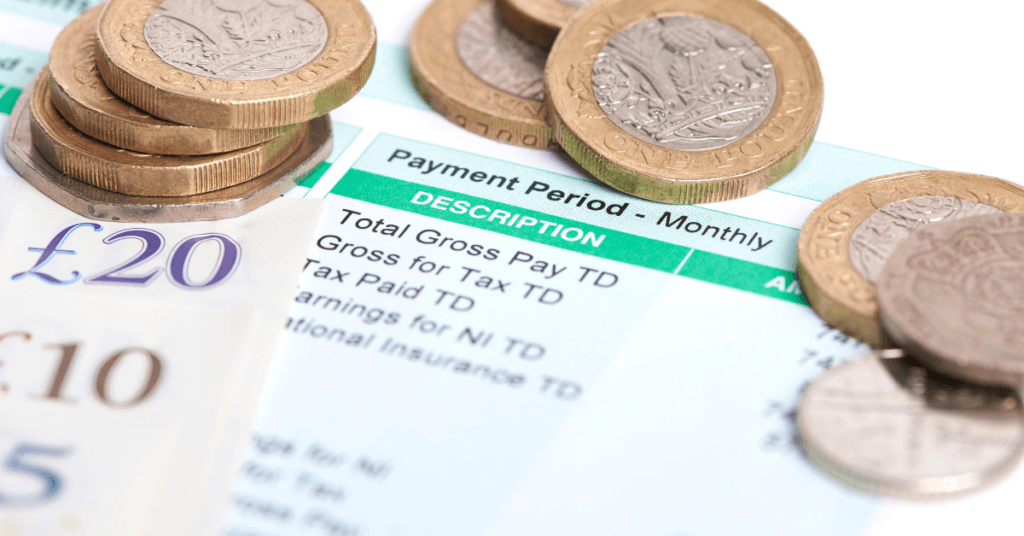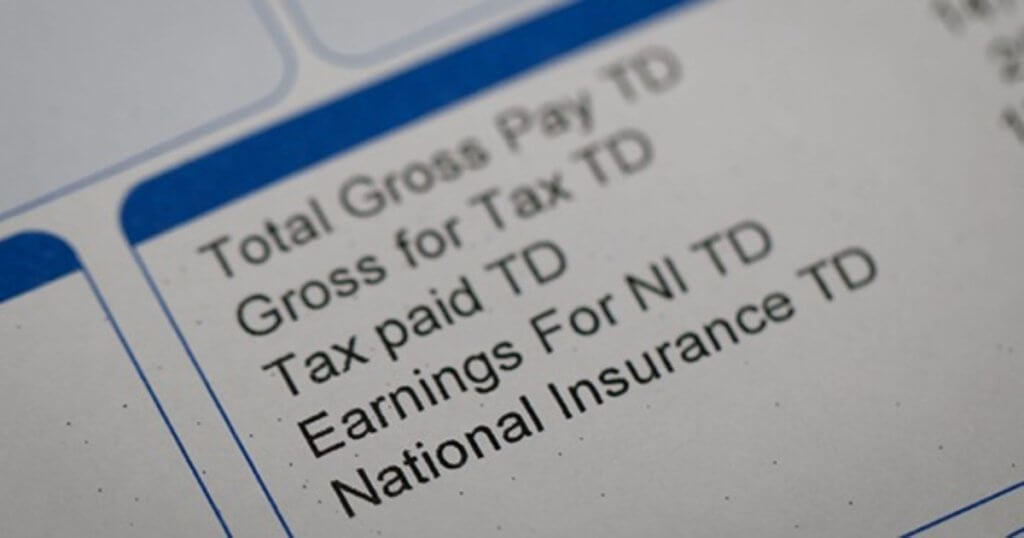What is a BR Tax Code?
A BR (Basic Rate) tax code is a type of emergency tax code that tells your employer to tax all of your income from that job at the basic rate (usually 20%).
On your payslip, a BR tax code may be shown in different ways:
- BR X
- BR (Cumu)
- BR W1
- BR M1
- BR W1/M1
- SBR (Scotland)
- CBR (Wales)
All of the codes essentially mean the same thing – all of the income from that job is taxed at 20%. For example, if your monthly salary is £1500, with a BR tax code, you will be taxed £300.
It is important to note that a BR tax code is not necessarily incorrect and won’t always result in you paying too much tax
What does a BR tax code mean?
A ‘normal’ tax code will usually include some numbers that tell your employer what your Personal Allowance is – this is an amount you can earn without paying tax. For the 2023/24 tax year, the standard tax code is 1257L.
A BR tax code means your personal allowance is not taken into account when calculating your income tax.
Why do I have a BR tax code?
There are several reasons why you might have a BR tax code. The most common reasons are as follows:
- You’ve changed jobs and haven’t given your new employer your P45.
- You have more than one job
- You are in receipt of a State, workplace or private pension
- You have gone from self-employed to employed
How to avoid a BR tax code
The best way to avoid a BR tax code is to provide your P45 to your new employer when you start a new job. This will give them the information they need to calculate your tax code correctly.
How to fix a BR tax code
If your tax code is incorrect, it will usually be corrected automatically once HMRC has full details of your income. This can take 1-2 months. However, you can also contact HMRC
to ask them to correct your tax code if you believe it is wrong.
Can my BR tax be refunded?
If your BR tax code results in you paying too much tax, you may be entitled to a refund.
For the current tax year:
If your BR tax code is corrected during the current tax year, you will usually receive any overpaid tax back through your wages (assuming you are put in a cumulative tax code). This means that if you have paid too much tax under a BR tax code, you should receive a refund once your tax code is corrected.
For previous tax years:
At the end of the tax year, which runs from April 6th to April 5th the following year, HMRC carries out an end-of-year reconciliation process. This involves comparing the total amount of tax you have paid with the total amount of tax you should have paid based on your total income and tax code. If you have overpaid tax, HMRC will issue you a refund.
If you are due a refund, HMRC will send you a P800 tax calculation form, which shows how your refund has been calculated. You will usually receive a P800 between June and October after the end of the tax year.
If you have paid too much tax and are due a refund, HMRC will either send you a cheque or pay the money directly into your bank account. If you owe tax from previous years, HMRC may use your refund to pay off the amount owed.
It’s important to note that if you are due a refund, there are time limits for claiming back tax.




